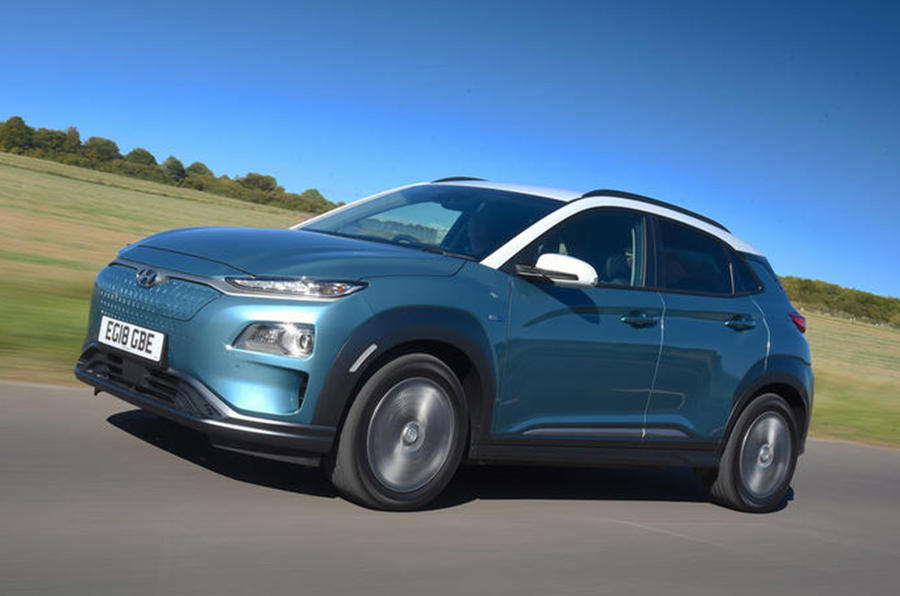Euro NCAP bosses have said it's “disheartening” that some hybrid manufacturers are forsaking “simple but effective” technology that could make them more environmentally friendly, following the publication of the latest Green NCAP ratings.
Launched last year, the Green NCAP assessment is designed to demonstrate how environmental friendly new cars are, using the results of both laboratory and real-world driving tests.
Organisers have revealed the scores of 24 cars tested in the past year, with each awarded a score out of five stars based on energy efficiency and the emission of pollutants and greenhouse gases.
The group of 24 cars tested included two electric cars, the Hyundai Kona Electric and Renault Zoe, which were both awarded the maximum score of five stars, with each achieving top marks for clean air, energy efficiency and greenhouse gas emissions.
The next highest-scoring car was the Toyota C-HR hybrid, which was awarded 3.5 stars. The Honda CR-V, which also has a hybrid petrol-electric engine, was awarded 2.5 stars.
The petrol-engined Seat Ibiza, Volkswagen Polo, Renault Clio and Peugeot 208 superminis all scored three stars.
As for diesels, the Mercedes-Benz C220d achieved three stars, with its score boosted by its low pollutant emissions, and the BMW 320d and Volkswagen Passat 2.0 TDI both scored 2.5 stars.
The Volkswagen Transporter, Mercedes-Benz V-Class and Opel Zafira MPVs were awarded 1.5 stars. While they were praised for effective after-treatment that reduced pollutant emissions, they lost marks because their large size meant they required a lot of fuel.
Similarly, SUVs also struggled: the Kia Sportage scored 1.5 stars, the Jeep Renegade and Mazda CX-5 scored two and the Nissan Qashqai and Peugeot 3008 were awarded 2.5.
No plug-in hybrid cars were included in the tests, with Green NCAP organisers saying they will be among the next batch of cars considered.
Niels Jacobsen, the president of Euro NCAP, said the scores would help consumers to “make sustainable vehicle choices”. He noted that the tests only consider tailpipe emissions, benefitting electric cars, and added: “With our current ratings, hybrid cars have obvious opportunities to score better than non-hybrids, but they don't always do that as manufacturers may decide to reduce costs by omitting simple but effective exhaust after-treatment devices, such as particulate filters. Such lost opportunities are revealing and disheartening.









Join the debate
Add your comment
Wow, Euro NCap test show that EVs dont have tailpipe emissions shock, but conventional powered cars do, who would have guessed, but not only that, they also discovered that large vehicle use more fuel.